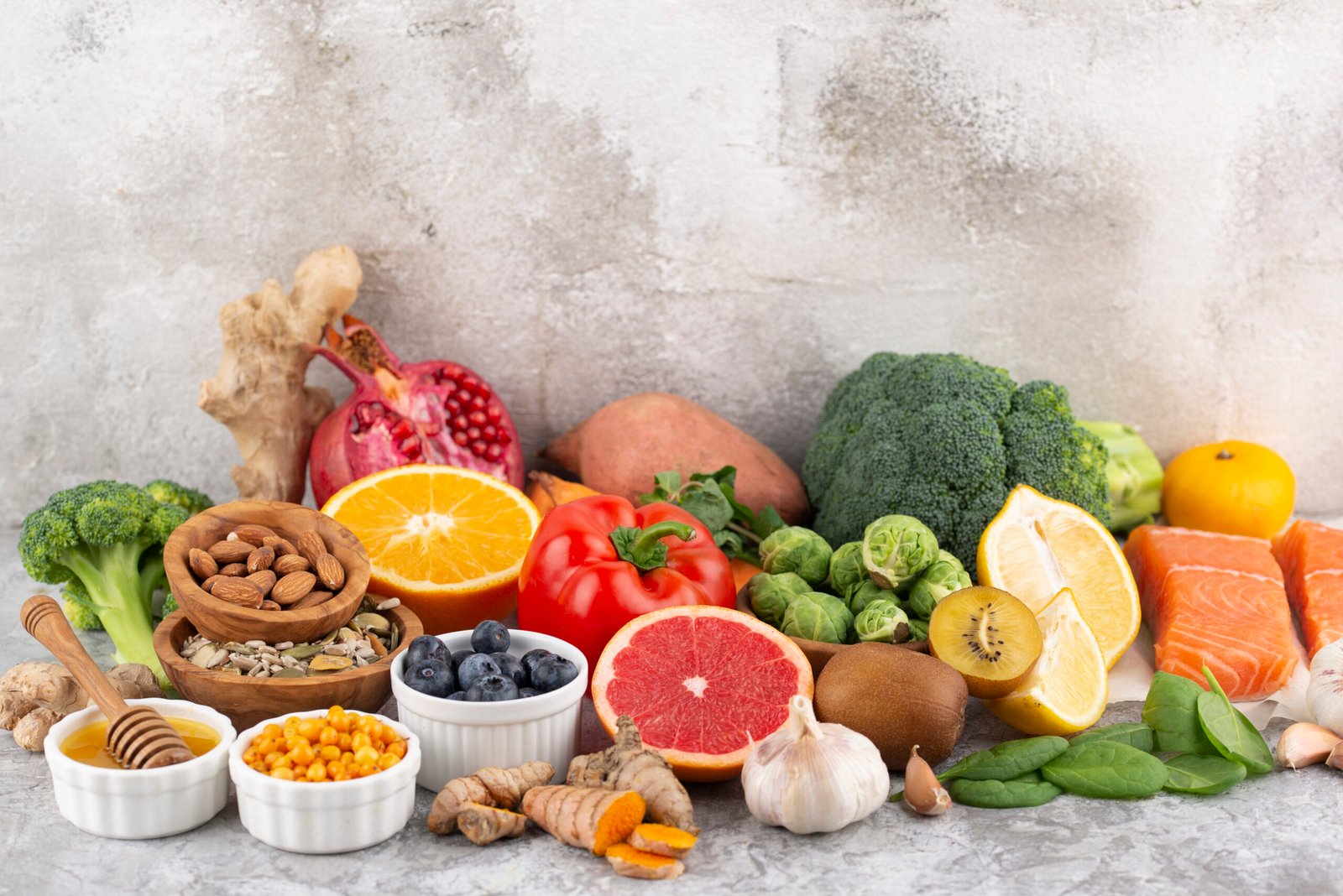Antioxidants play a crucial role in maintaining cellular health by addressing the challenge posed by free radicals. Free radicals are molecules that contain oxygen and have one or more unpaired electrons, making them highly reactive. In order to stabilize them, they can cause damage to the cellular structures like DNA, proteins or lipids by “stealing” electrons from them. This process leaves the affected molecules with unpaired electrons, rendering them unstable i.e. the destabilized molecules, now with unpaired electrons, seek to stabilize themselves by taking electrons from other nearby molecules and this all leads to a chain reaction of molecular damage.
The Impact of Free Radicals on Cellular Structures
Every cell that uses oxygen and enzymes to carry out its functions is exposed to the possibility of oxygen-free radical reactions. Antioxidants play a crucial role in maintaining cellular health by neutralizing these free radicals.
The Crucial Role of Antioxidants in Cellular Health
Antioxidants can intervene by donating electrons to these free radicals, stabilizing them in the process. By accepting electrons without becoming unstable themselves, antioxidants interrupt the chain reaction of free radical reactions. This is important because if left unchecked, the chain reaction can lead to widespread damage to cellular components, including DNA, proteins, and lipids. Antioxidants play a protective role in maintaining cellular health and preventing oxidative stress-related damage.
They are naturally present in cells and are also obtained through diet, with certain vitamins (such as vitamin C and vitamin E), minerals (such as selenium), and various phytochemicals acting as antioxidants.
The balance between antioxidants and free radicals is essential for cellular homeostasis, and disruptions in this balance are associated with various health conditions, including those related to oxidative stress, such as liver diseases like non-alcoholic fatty liver disease (NAFLD).
Common Sources of Antioxidants in Diet
Here are some common sources of antioxidants:
Fruits: Berries (blueberries, strawberries, raspberries, blackberries), Citrus fruits (oranges, lemons, grapefruits), Apples, Cherries, Grapes.
Vegetables: Leafy Greens (Spinach, Kale, Swiss Chard), Broccoli, Brussels Sprouts, Bell Peppers, Carrots, Sweet Potatoes
Nuts and Seeds: Almonds, Walnuts, Sunflower Seeds, Chia Seeds, Flaxseeds
Herbs and Spices: Cloves, Cinnamon, Oregano, Turmeric, Ginger, Garlic
Tea: Green Tea, Black Tea, White Tea
Whole Grains: Quinoa, Brown Rice, Oats
Dark Chocolate: Dark Chocolate with a High Cocoa Content Contains Antioxidants, Particularly Flavonoids.
Beans and Legumes: Kidney Beans, Black Beans, Lentils, Chickpeas
Oils: Extra Virgin Olive Oil is known for its antioxidant properties.
Fish: Fatty fish like salmon and trout contain omega-3 fatty acids, which have anti-inflammatory properties.
Colourful Vegetables: Vegetables with vibrant colours (Red, Orange, Yellow, and Green) often indicate the presence of antioxidants, including carotenoids and flavonoids.
Vitamins and Supplements: Antioxidants such as Vitamin C, Vitamin E, and selenium are available in supplement form. However, obtaining these nutrients through a balanced diet is generally recommended.
Balancing Act: Antioxidants, Free Radicals, and Cellular Homeostasis
It’s important to note that a diverse and colourful diet, rich in fruits, vegetables, whole grains, and lean proteins, provides a broad spectrum of antioxidants. Consuming a variety of these foods ensures that you obtain different types of antioxidants, each with its unique health benefits. Additionally, maintaining an overall healthy lifestyle, including regular physical activity and adequate hydration, contributes to the body’s ability to combat oxidative stress.

